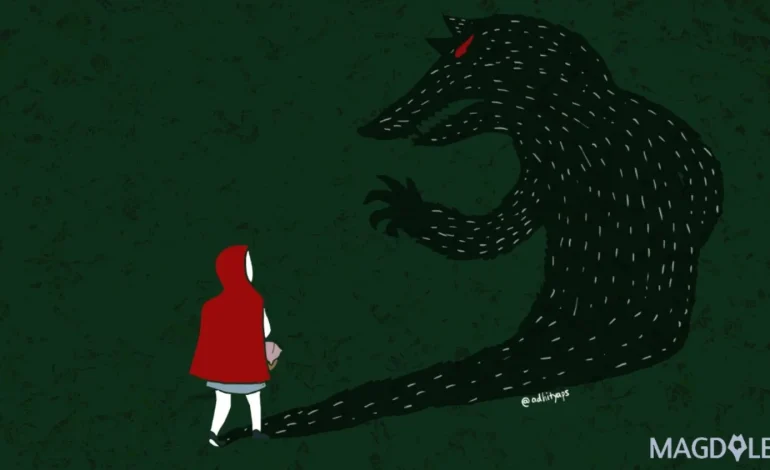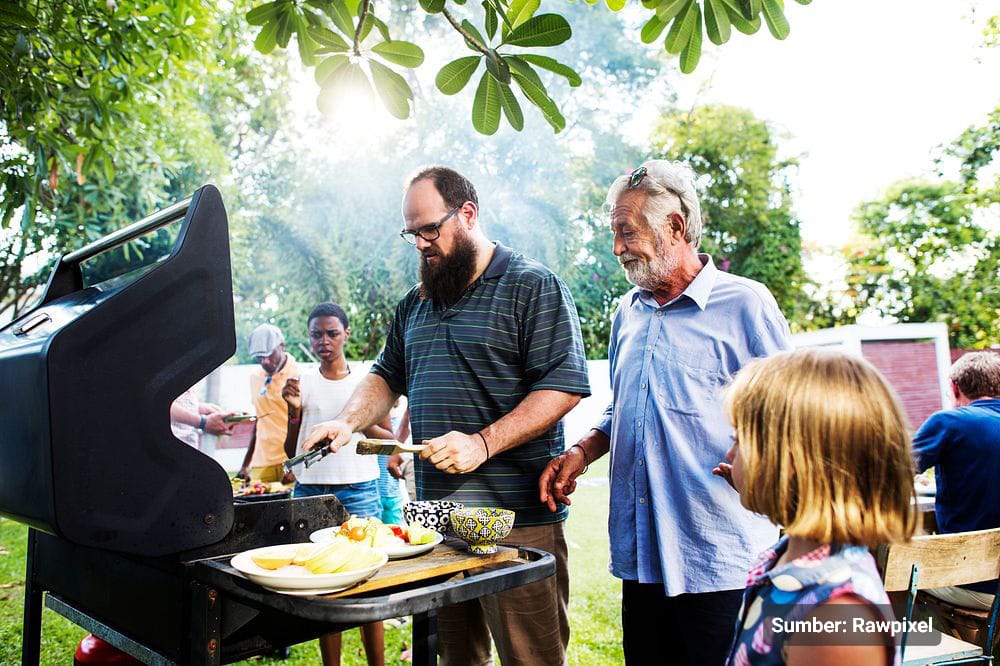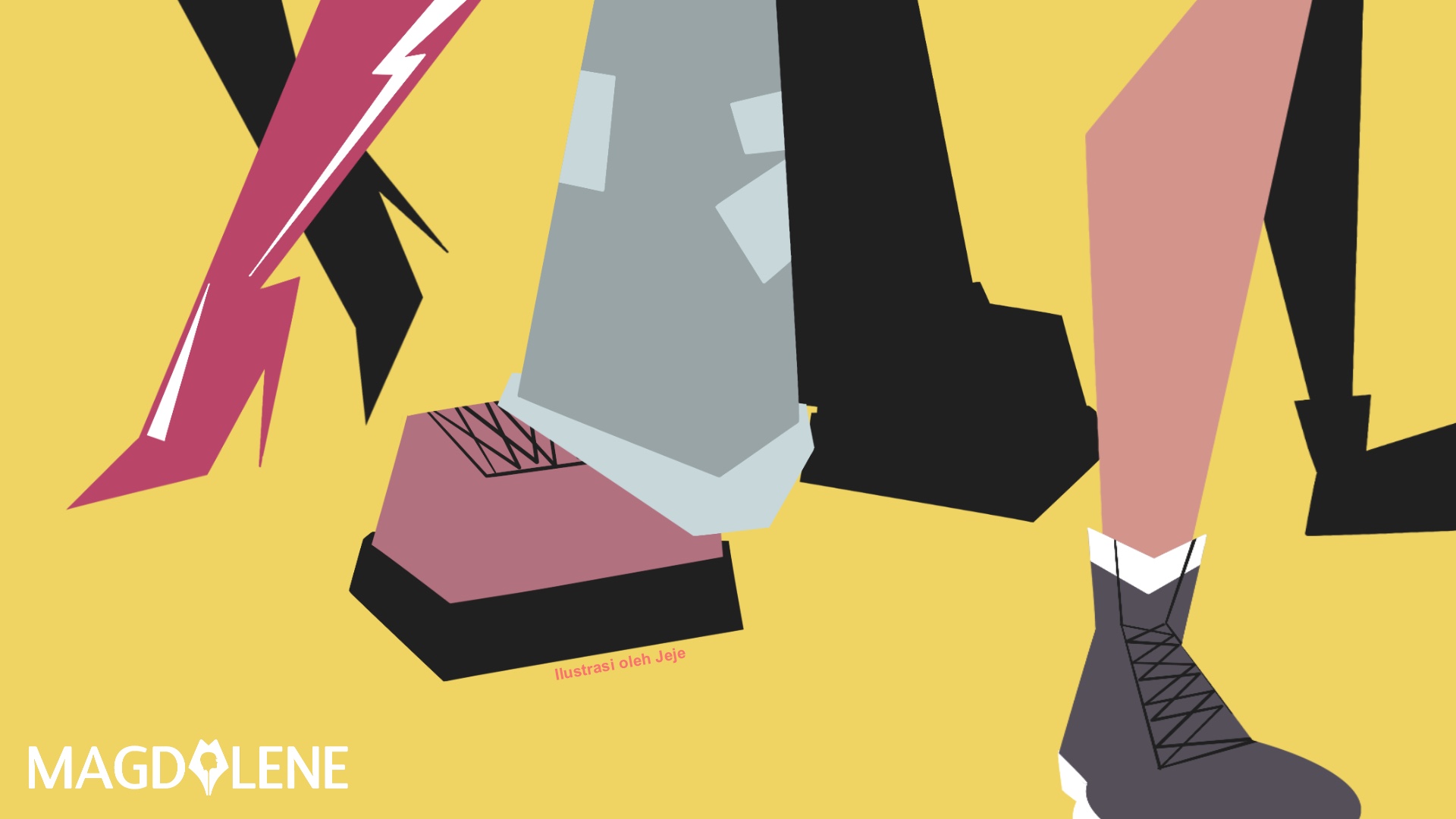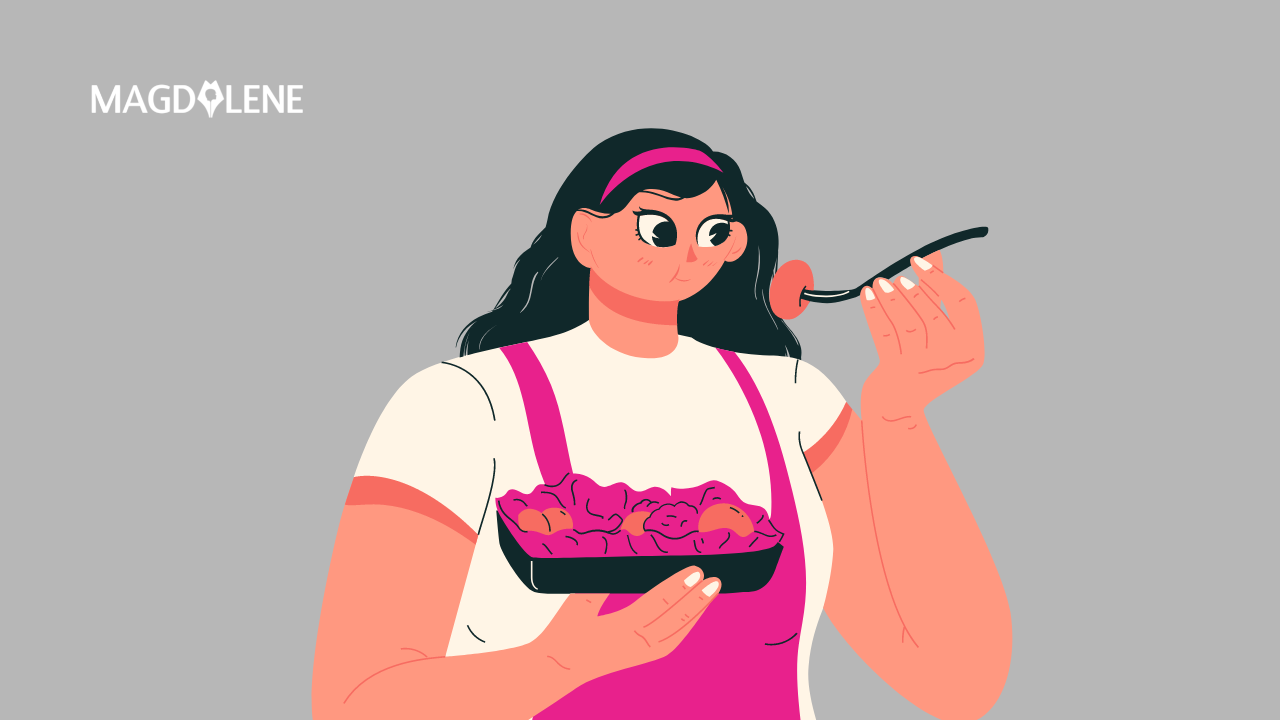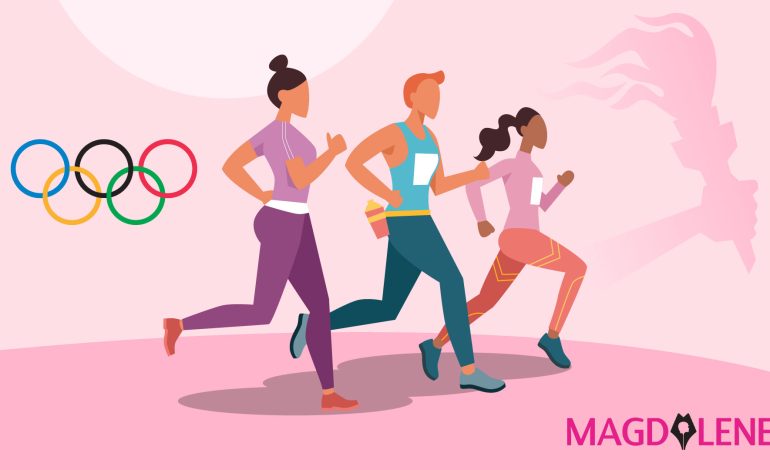
Former Spanish football federation chief Luis Rubiales may face significant consequences for his non-consensual kiss of Spanish soccer star Jenni Hermoso.
But this is not the norm for perpetrators of gender-based violence in sport. Our research – which reviewed 25 years of studies examining women’s experiences of gender-based violence in sport – found perpetrators are rarely held to account.
More commonly, they are free to continue abusing victims with impunity.
Even after millions of people watched Rubiales’ actions, it was obvious that Hermoso’s experience was minimised, that powerful organisations attempted to coerce her into stating it was consensual, and that it took the collective voices of women standing with Hermoso to fight back with a resounding “no”.
Also read: 10 Indonesian Female Athletes to Look Forward To in Asian Games 2018
The Shocking Reality of Gender-Based Violence in Sport
Women’s sport is championed as a platform for empowerment and equality but previous studies have shown gender-based violence is highly prevalent, ranging from 26 to 75 percent across psychological, physical and sexual violence, depending on how the violence has been defined and measured.
There have been many historical and contemporary cases of abuse, bringing to light some of the concerns about how perpetrators were able to continue their abuse for so long.
Our research systematically gathered and analysed the collective voices of women who experienced gender-based violence in sport to understand their experiences better and to inform future prevention and response initiatives. Participants included current and former athletes, coaches, umpires and managers.
The research found women in sport experience multiple types of violence (sexual, physical, psychological, financial), often by more than one perpetrator. Coaches or other authority figures are the most common perpetrators, followed by male athletes or members of the public.
We found a “normalisation” of these violent behaviours in the sporting context; they were seen as expected and were routinely excused in order to get results.
Also read: Female Athletes Struggle Against Inequality and Stereotypes
Beware of ‘Sporting Family Violence’
When women do speak up and complain, our research highlighted that organisational responses are impotent at best, actively malevolent and cruel at worst.
Complaints often go nowhere, codes of conduct may not exist, and there is a strong lack of confidentiality because “everyone knows everyone”.
In some cases, women were mocked and told they’d imagined the abuse, a deliberate strategy by the organisation to put “success” and “winning” before the safety of women.
Instead, women are left to do their own safety work by avoiding the perpetrator(s) or leaving the sport entirely.
Justice is sometimes only achieved when women act as a group to voice their experiences and confront abusers.
Importantly, our research found the unique context of sport as an extended or surrogate family created the conditions for “sporting family violence”.
Athletes spend significant time within the sporting family unit, creating close relationships with their coach, other authority figures and teammates.
The Coach as a Father Figure
The coach as a father figure was a consistent theme across several studies, with some athletes stating the coach knew more about them than their parents.
If a coach was regarded as “the best”, often no one questioned him. This gave coaches enormous power, which they used to isolate women they abused from both the sport family and their actual family, exerting coercive control to maintain an environment of secrecy and dominance.
Finally, our research found women are still seen as inferior to men and treated as “other” in the sporting context. Consequently, there is a hostility to women, who are perceived as a threat to the hegemonic masculinity of sport.
This was a particularly strong theme in non-traditional female sports such as judo and boxing, and for women in management or official roles.
Power is a key factor running through all our findings, and while women may be able to exercise some power through collective resistance, power often remains with men and sports institutions that are complicit.
Initiatives to address gender-based violence in sport must recognise the many forms of violence women experience, and the different ways in which power and violence play out.
Also read: Football as the Last Bastion of Masculinity
Some Positive Signs, but Much More is Needed
There are some positive signs of change. A recent report into the culture of abuse in swimming in Australia made several recommendations that are now being actioned.
And in the UK, laws that prohibit coaches from having relationships with players are being developed and acted upon.
Also, several collective survivor advocacy groups have been established, such as The Army of Survivors, Sport and Rights Alliance and Gymnasts for Change.
Of course, this still shows the extent of the collective voice needed to push for change.
While we applaud this and the reckoning of Rubiales’ actions, and cheer for the collective voice standing with women like Jenni Hermoso, it would be negligent to forget the many silenced women’s voices in sport who bear the brunt of violence within a space often considered their family.
Fiona Giles, Research Fellow, La Trobe Rural Health School, La Trobe University and Kirsty Forsdike, Principal Research Fellow and Associate Professor, La Trobe Rural Health School, La Trobe University.
This article was first published on The Conversation, a global media resource that provides cutting edge ideas and people who know what they are talking about.


